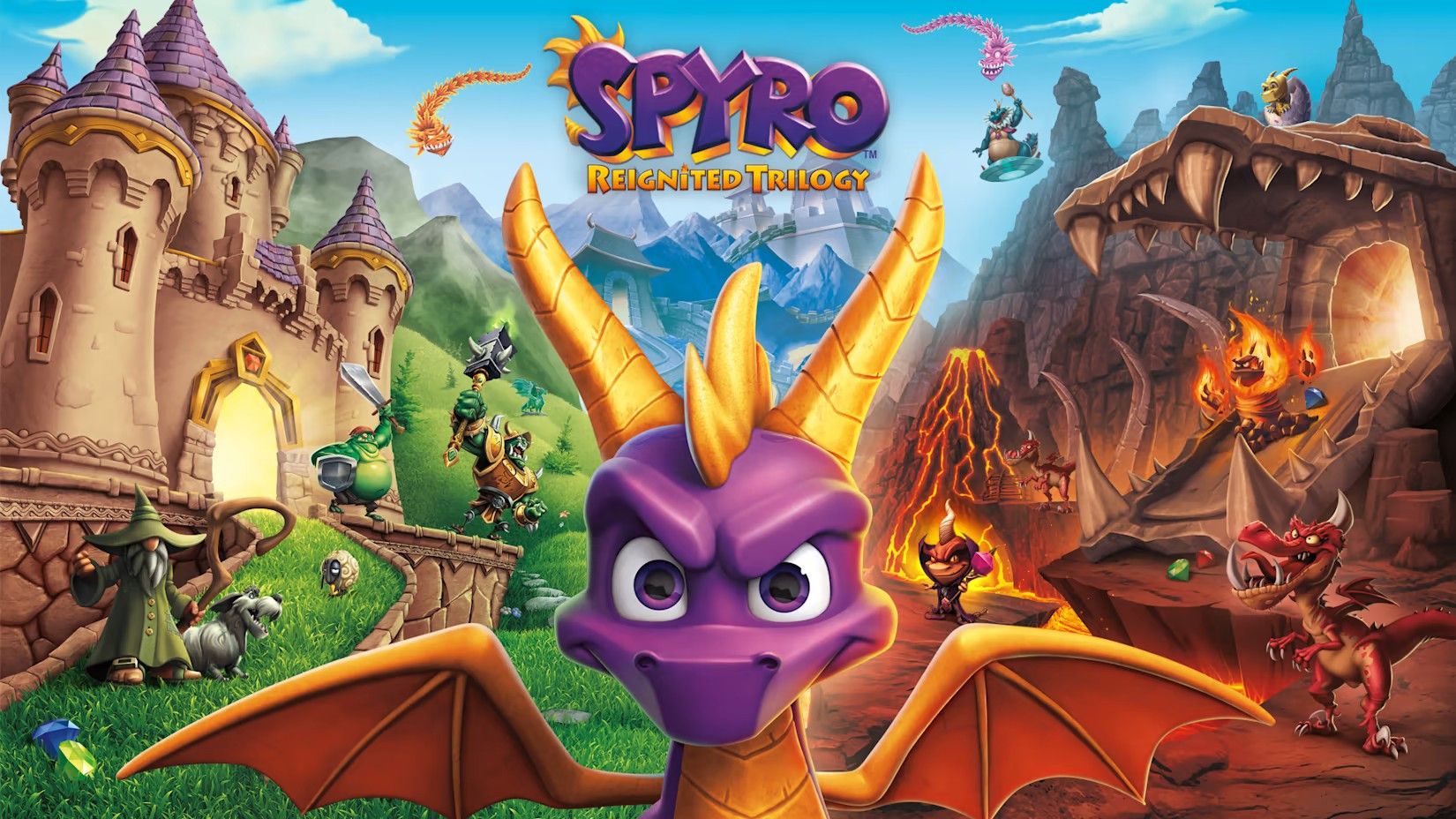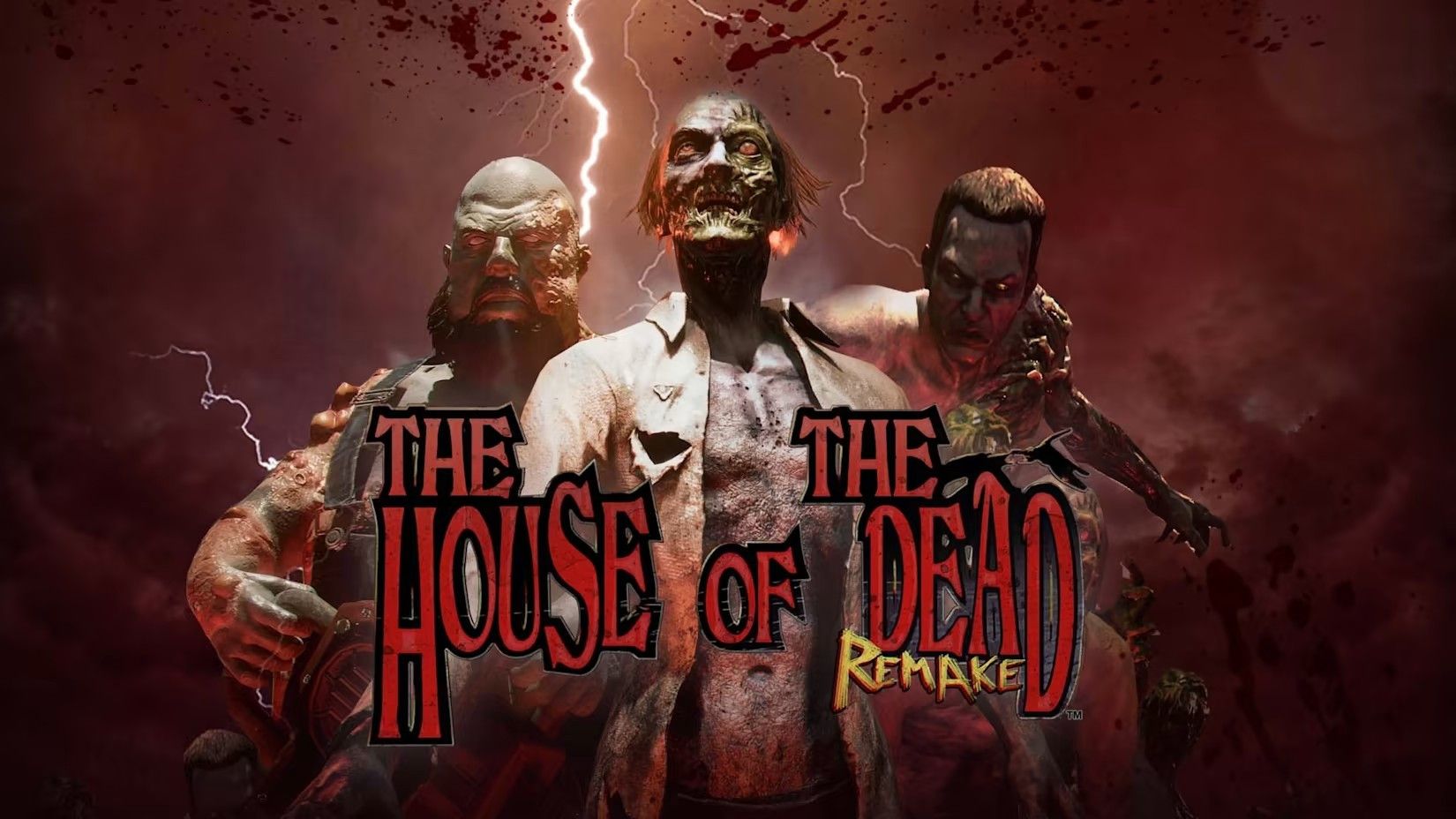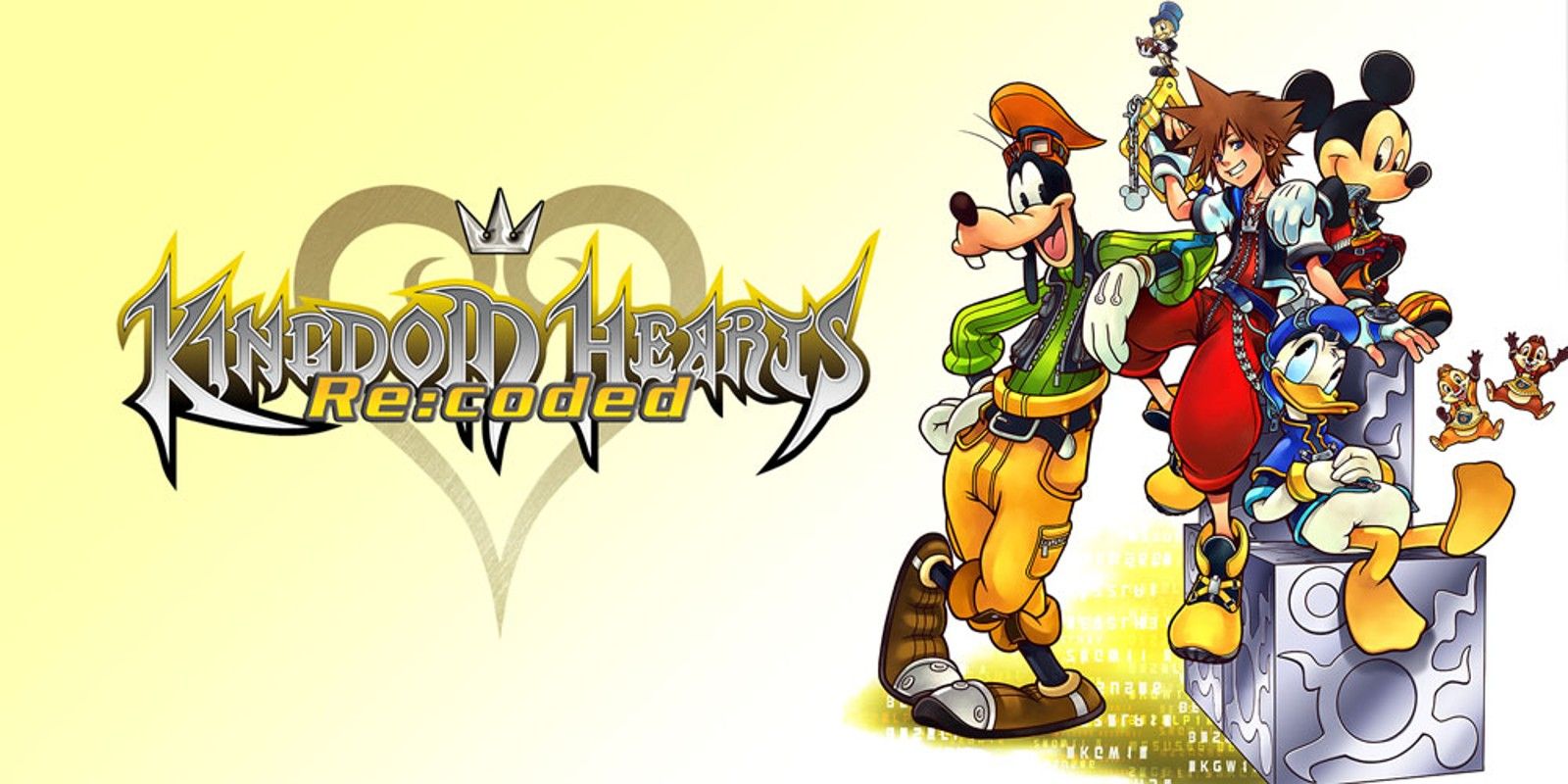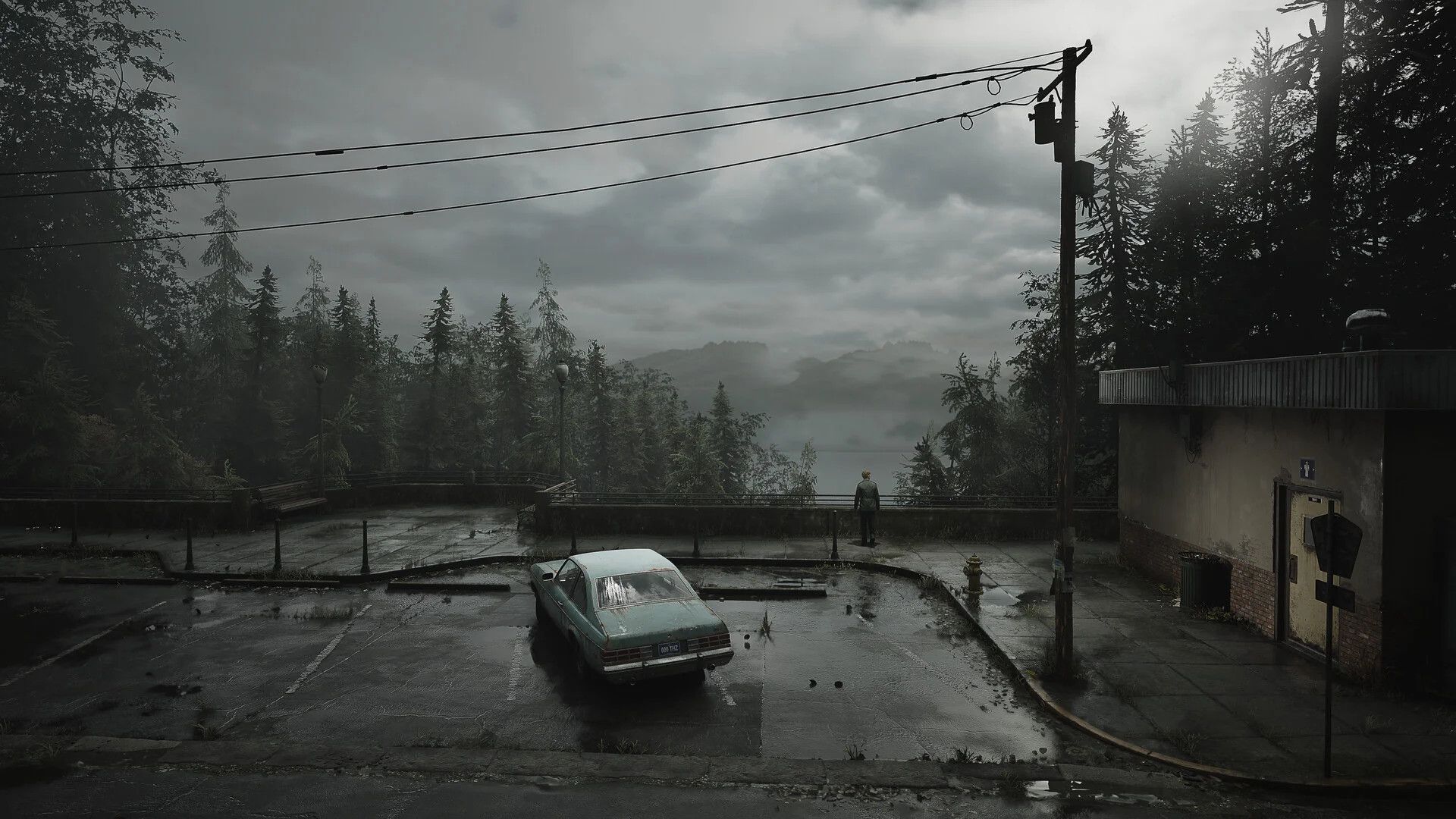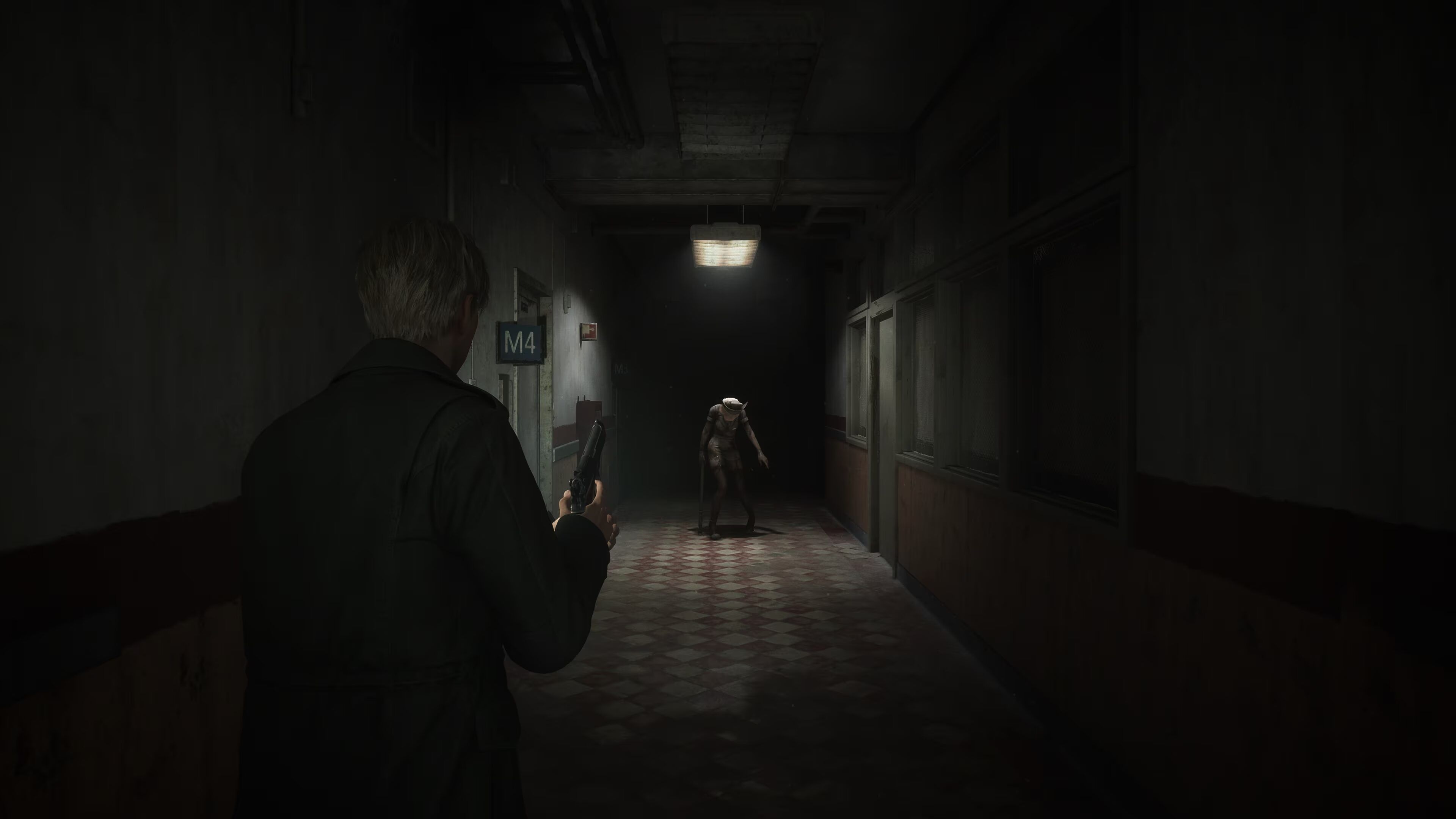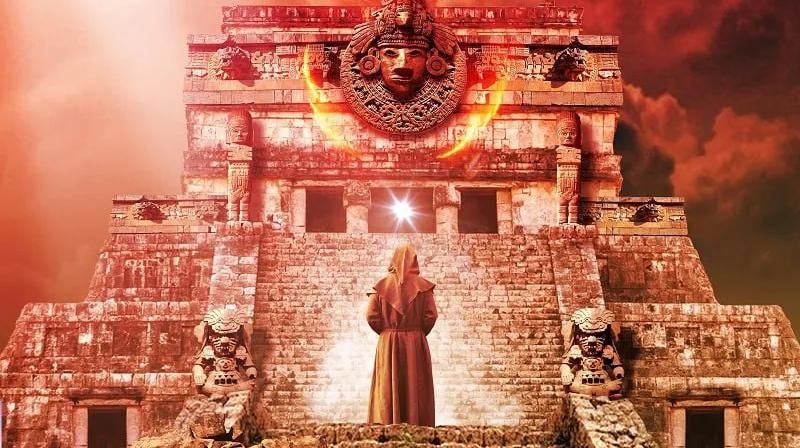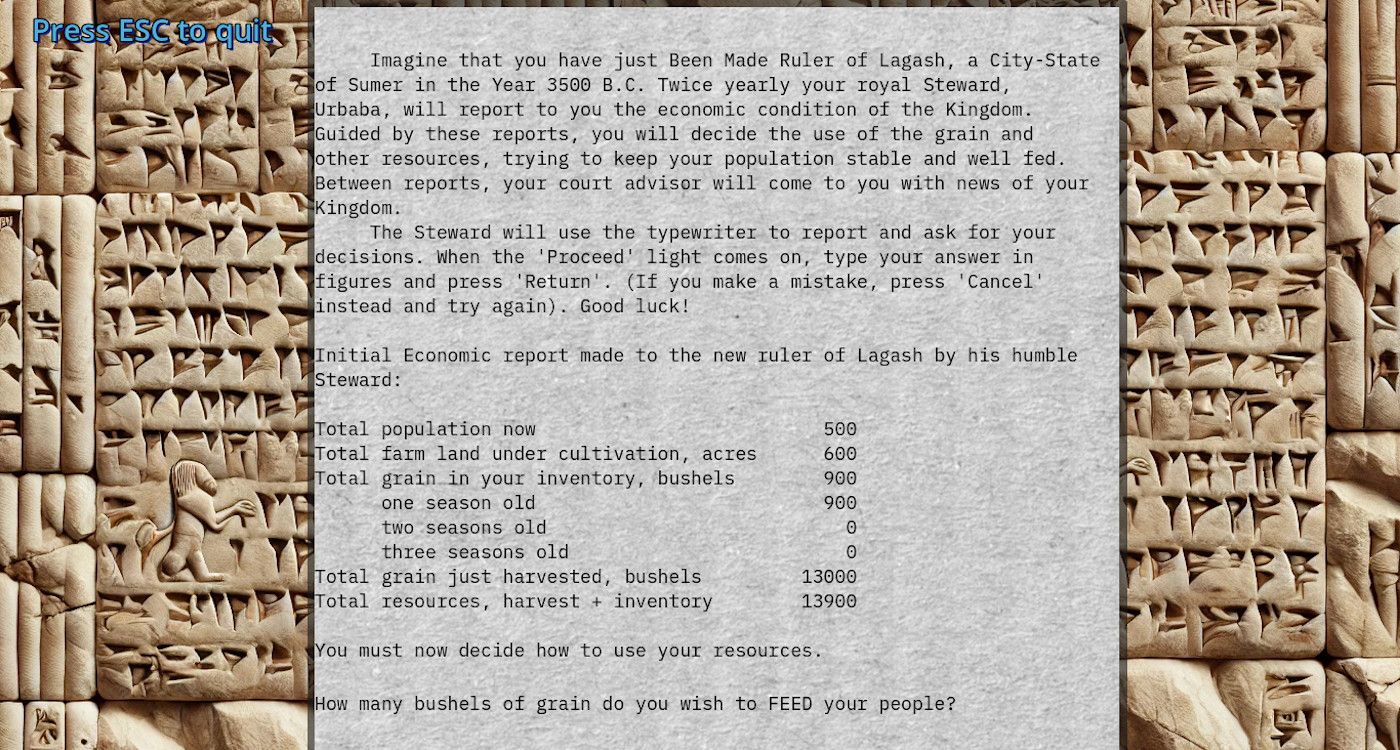Video game remakes are becoming increasingly common, for better or worse. There have been plenty of debates over the necessity of remaking hit titles such as The Last of Us and Resident Evil 4, but what about the most underrated remakes? Here’s how new releases are reviving lost games.
1 Spyro Reignited Trilogy
The first three Spyro games are among the most beloved 3D platformers on the PlayStation, but they were trapped on the console for years after developer Insomniac Games lost the source code and assets. Without these resources, the PS1 Spyro trilogy couldn’t be ported to other consoles.
That changed in 2018, when developer Toys for Bob—best known for the Skylanders series and Crash Bandicoot 4: It’s About Time—remade all three PS1 entries for Spyro Reignited Trilogy. This compilation featured gorgeous visuals, rerecorded voice lines, a rearranged soundtrack (along with the option to play with the original music), and an updated control scheme that matched the series’ later entries. More importantly, it finally brought these games to modern platforms.
To compensate for the lack of original resources, Toys for Bob collaborated with Insomniac Games to ensure Spyro Reignited Trilogy was faithful to the design of the PS1 games. The developers also utilized a custom emulation tool to study the original games’ level design and enemy AI, allowing Spyro Reignited Trilogy to preserve even the most subtle details from the PS1 versions.
Spyro Reignited Trilogy is the gold standard for modern remakes and the perfect example of how remakes can revive lost classics for new generations of gamers.
2 The House of the Dead: Remake
Like Insomniac Games with the PS1 Spyro games, Sega reportedly lost the source code for the arcade version of The House of the Dead. Although the light-gun classic was ported to the Sega Saturn, PC, and mobile phones, each of these re-releases suffered from severely downgraded visuals and featured various alterations to the game’s soundtrack.
MegaPixel studio partially revived the original arcade experience with The House of the Dead: Remake. This remake brought the original game to modern platforms while updating it with new features, including multiple scoring modes, unlockable weapons, a photo mode, and a “horde mode” that drastically increases the enemy count.
It should be noted that The House of the Dead: Remake isn’t a perfect revival of Sega’s arcade classic. Fans criticized the remake’s visuals and soundtrack, as well as various changes to the scoring system and enemy design. Additionally, the gyro controls of the Nintendo Switch version don’t hold up to the original’s precise and satisfying light gun controllers.
The House of the Dead isn’t the only poorly preserved arcade game. Plenty of other arcade classics are at risk of becoming lost media. There have been various attempts at preserving these titles through ports, compilations, and extras in other games, but remakes like The House of the Dead: Remake are still a commonly overlooked means of reviving gaming’s long-forgotten classics.
3 Kingdom Hearts Re:coded
Not all cases of lost media are the result of missing source code. Some games are simply delisted from digital storefronts and never ported to other systems, leaving them permanently inaccessible. One example of this is Kingdom Hearts coded, an episodic spinoff of the Kingdom Hearts series developed exclusively for mobile phones. The game was divided into eight episodes, which were released periodically from 2008 to 2010. Preservation efforts for the game have faced numerous challenges, as it was only available in Japan and removed from mobile stores in 2013.
Thankfully, coded received a DS remake in 2010 titled Kingdom Hearts Re:coded. This remake retained the story and level design of the mobile version but updated the game with the 3D visuals and enhanced combat of the mainline Kingdom Hearts entries. Re:coded also adds new leveling mechanics that give the remake much more depth and replay value than its mobile predecessor.
For a series as lore-heavy as Kingdom Hearts, being able to experience the story of coded through the DS remake and its cutscene-only console ports is a blessing for fans. Re:coded prevented one of the most obscure entries in the series from being forgotten, and helped preserve an important part of the franchise’s history.
Re:Coded also represents a rare case of a mobile game being remade. Although mobile games are often dismissed for their simplistic gameplay and low-budget design (which isn’t helped by the abundance of shovelware in app stores), there are plenty of hidden gems like coded.
Unfortunately, short lifespans and the lack of support for most mobile games often lead to them becoming lost media. While some of these games could be ported to modern platforms, remakes like Re:coded are far better at preserving these games without the hardware limitations of older mobile phones.
4 P.T. Emulation
It’s rare for a publisher to intentionally make a game inaccessible, but that’s exactly what happened with P.T.—the “playable teaser” for Konami’s now-canceled horror game, Silent Hills. Despite not being a full game, P.T. is still commonly cited as one of the best horror games of all time. Unfortunately, Konami later delisted the game and disabled the ability to re-download it from digital stores. P.T. is now unplayable unless you own a PlayStation 4 with the game already installed.
It’s unlikely that Konami will ever revive P.T., but some dedicated fans have remade the game in its entirety. Early attempts started out as mods and custom maps for games such as Dying Light, Fallout 4, and Minecraft. Later remakes of P.T. were created from the ground up in shockingly accurate detail, such as Farhan Qureshi’s PuniTy and Radius Gordello’s Unreal P.T. (which is now delisted).
Arguably the best of these fanmade remakes is Artur Laczkowski’s P.T Emulation. Using Unreal Engine 4, P.T. Emulation delivers a stunningly faithful recreation of P.T. that perfectly replicates the original’s most terrifying moments. P.T. Emulation has also received multiple significant updates that have further polished the remake and brought it closer to the original experience.
Remakes don’t always have to be officially authorized or be based on completed games. P.T. left a monumental impact on the horror genre and cemented itself as an important part of gaming history, and these fanmade revivals of the teaser only further demonstrate the value of remakes for game preservation.
5 Silent Hill 2
P.T. wasn’t the first time a Silent Hill game became lost media. Konami lost the source code for the first four Silent Hill games on the PS1 and PS2. This proved problematic when Hijinx Studios began development on the Silent Hill HD Collection: a compilation containing remastered versions of Silent Hill 2 and Silent Hill 3.
Without the original source code, Hijinx Studios had to settle for working with earlier builds that contained incomplete assets and numerous bugs that weren’t present in the PS2 versions. Despite the developer’s best efforts to restore these games, the HD Collection was heavily criticized for its unpolished state and is often considered to be inferior to the original releases.
Bloober Team’s upcoming Silent Hill 2 remake aims to be another attempt at reviving the survival-horror classic, albeit without the restrictions of the HD Collection‘s troubled development. Along with reviving the inhabitants and locales of Silent Hill with modern graphics, the remake is also adding a third-person camera and placing a greater emphasis on combat.
Rather than being completely faithful to the original Silent Hill 2, Bloober Team’s remake seems to be a modernized re-imagining of the PS2 classic. This approach does raise some concerns, as it means the developer could end up making changes that work against the original vision. Silent Hill 2 is unforgettable for its unnerving atmosphere, subtle horror, and nuanced storytelling. A remake that replaces these elements with cheap jump scares and a toned-down story would be a greater disservice to the original game than the HD Collection.
Yet the Silent Hill 2 remake could also be the best way for newcomers to experience the game. Quality of life improvements can help modern players immerse themselves in the game’s story and atmosphere without being distracted by dated game mechanics from the PS2 release. If Bloober Team can enhance the original experience while staying true to the vision of its creators, the Silent Hill 2 remake can set a new standard for gaming remakes and become a modern horror masterpiece in its own right.
6 The Sumerian Game
You’ve probably never heard of The Sumerian Game, but the original release and its recent remake are both incredibly important parts of gaming history.
Created as part of a collaborative study between IBM and the Board of Cooperative Educational Services (BOCES) in Westchester County, New York, The Sumerian Game is an early city-building simulator designed to teach students about basic economic concepts. Players are tasked with ruling over the ancient city of Lagash by allocating resources, managing workers, and expanding their city. The Sumerian Game also embodies many “firsts” for the video game medium.
Mable Addis, one of The Sumerian Game’s lead creators, was the first female game designer and first writer for a video game. The Sumerian Game also spawned the city-building genre, inspiring landmark titles such as Sim City and 4X games like Sid Meier’s Civilization. Unfortunately, The Sumerian Game is also one of the first video games to become lost media.
After being used for two studies in 1964 and 1966, The Sumerian Game never received a public release and its source code went missing sometime after. Imitators like Hamurabi and King of Sumeria brought heavily simplified versions of The Sumerian Game to home computers, but the original game essentially disappeared.
Earlier this year, programmer and historian Andrea Contato released a free remake of The Sumerian Game on Steam. Contato utilized documentation and printouts from the original IBM studies to restore as much of the game as possible. He also recovered most of the slides presented to students during the studies, which acted as visual aids for explaining in-game events. The remake covers both the original 1964 and the revised 1966 editions of The Sumerian Game, as well as both Hamurabi and King of Sumeria.
Although some parts of The Sumerian Game and its accompanying audio/visual materials are still missing, the remake offers the most complete version of the original experience to ever be publicly playable. With the remake offering multiple versions of the game and additional content that details Contato’s extensive research, The Sumerian Game is one of the greatest showcases of how remakes can preserve lost media.
Although direct ports are usually the best way to preserve classic games, there are many missing titles that don’t have this option. Whether it’s due to lost source code or a publisher interfering with preservation efforts, some games can’t be remastered, but they can still be remade. Plenty of recent releases update old games with modern graphics and new features, but it’s clear that gaming remakes can do much more than polish popular titles.
Instead of remaking games that are already available on modern platforms, more studios need to revisit lost media like The Sumerian Game and other important pieces of gaming history that are waiting to be recovered.


